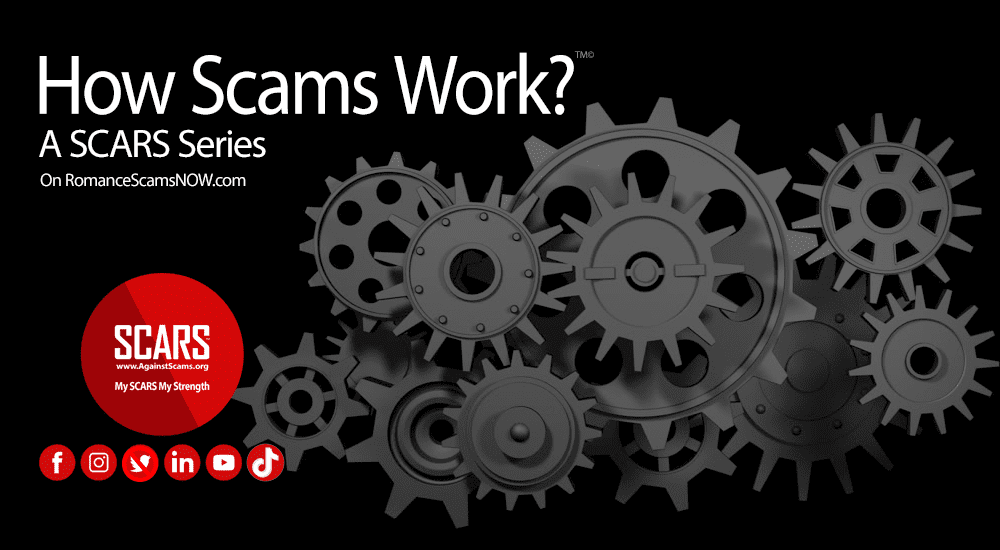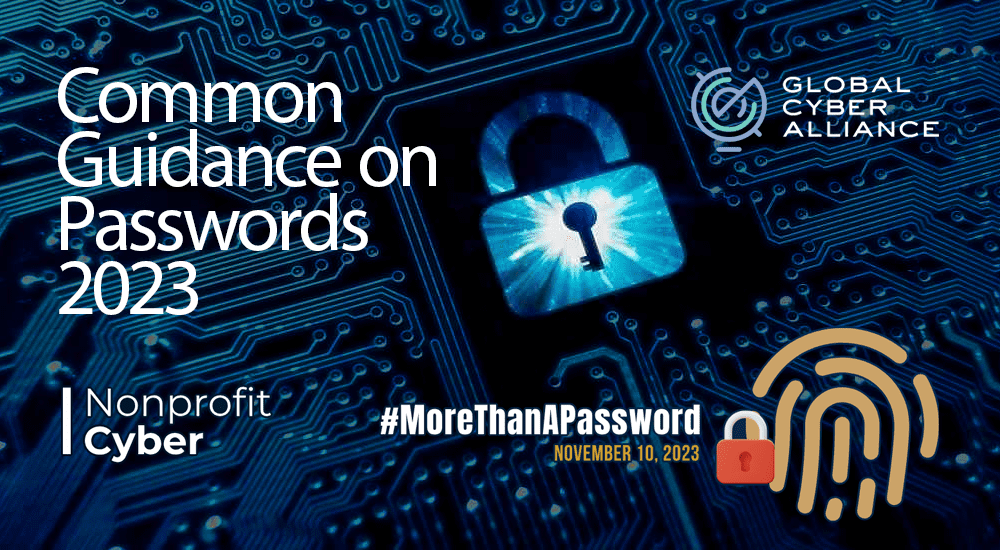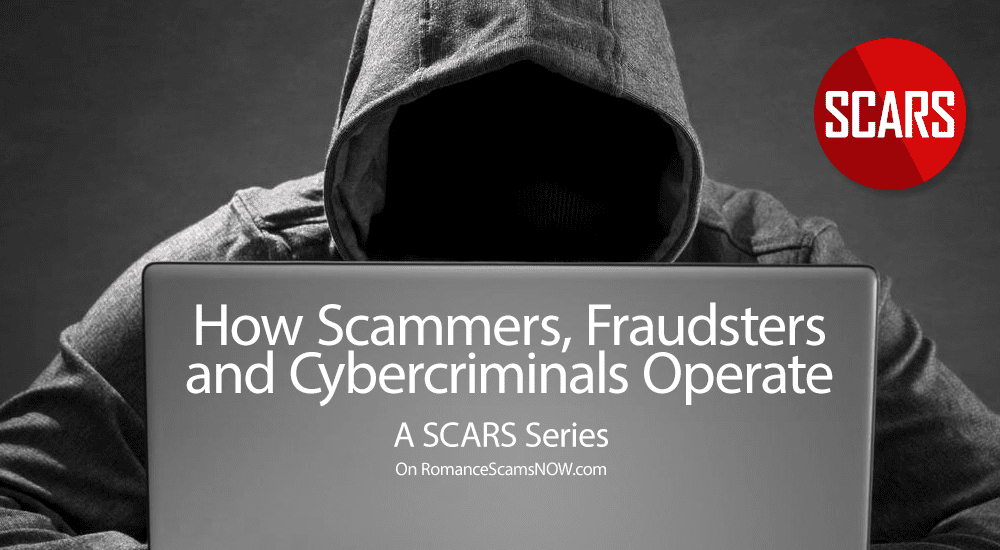
SCARS Institute’s Encyclopedia of Scams™ Published Continuously for 25 Years

Pseudocide – How Scammers Are Learning To Be Smarter About Ending Their Scams!
Pseudocide: A Way to convince victims to go away quietly!
What is Pseudocide?
Pseudocide, also known as faked death or staged death, is the act of intentionally deceiving others into believing that one is dead, when in fact one is still alive.
People who commit pseudocide may do so for a variety of reasons, such as to escape debt, to avoid prosecution for a crime, to start a new life, or to gain sympathy or attention. But we are now seeing examples of this ploy being used by scammers involved in relationship scams as a means to disengage from their victims more easily (for the scammer, though now for the victim.)
How Pseudocide is being used by Scammers
Pseudocide, short for “pseudocide” or “pseudocidal,” refers to the act of faking one’s death or disappearance. In pseudocide, an individual intentionally creates a false impression that they have died or gone missing, often with the aim of escaping from real or perceived problems, evading authorities, or starting a new life under a different identity. This can involve various deceptive actions, such as leaving behind staged evidence of their death, including a fake body, identification, or suicide note. In the case of relationship scams, it is being used to disengage from the victim, but also possibly to set the stage for another scam related to that death.
Scammers already claim a variety of fake emergencies during the course of the relationship/romance scams, such as accidents, kidnappings, being injured in war zones, and many more. So it is actually surprising that they have not thought to use this approach earlier than this.
If the storyline from the scammers dealt with some life-threatening situation, then to end the scam they have a third person contact the victim to tell them that the fake person died as a result of illness, accident, or other cause. The ‘person’ making the notification is likely another member of the scammer’s team or gang.
Examples of Pseudocide
We have seen now a few examples of pseudocide and how this is also being used to set up a follow-on scam:
- After notification of death, there are (of course) funeral expenses, and the victim is asked to pay for these.
- After death, because the fake person is in a foreign country, there are expenses associated with returning the body back to their home country.
- There may be an inheritance, and this is how the victim will get their money back but naturally, there are fees and expenses before the victim can receive the inheritance.
- In many of these stories there is a minor child, so naturally the child will have to go to an orphanage and the victim will need to pay for the maintenance of the child – food, clothes, healthcare, etc.
In short, anything that any normal person would have to deal with after the death of a loved one is now a new opportunity for the scammers to get more money from the victim.
The Special Case of Pig Butchering Cryptocurrency Investment Scams
A pig butchering scam is a type of romance scam or trust-based scam in which the scammer develops a relationship (romantic or friendship) and will lead them to unbelievably high-return investments. The victim invests their money and then loses it. See here for more about Pig Butchering scams.
The term pseudocide can be used when a business fakes that it has gone out of business or closed down. This is because pseudocide is defined as the act of intentionally deceiving others into believing that one is dead, when in fact one is still alive.
In most cases, pig butchering scams are about investing money with a high return on a company’s website or app. Usually, they just vanish leaving the victim devastated, angry, and wanting their money back.
In the special case where a ‘business’ fakes its own death, this has the benefit of letting the victim believe that the money is unrecoverable because the business shut down. With greater and greater success by law enforcement in the recovery of cryptocurrency for victims, faking a shutdown has advantages since the victim will immediately accept that their money is unrecoverable. This will deter many victims from even trying to report the crime or obtain recovery since they belive it is impossible.
What makes Pseudocide an Effective Dodge!
We all live in a complex world where people die every day and where businesses come and go. This is a part of normal life.
When a Person Dies …
There are a few reasons why we automatically accept the finality of death when we learn that another person has died.
- Death is a universal human experience. Everyone dies, and we are all aware of this fact. This awareness primes us to accept death as a natural and inevitable part of life.
- Death is often sudden and unexpected. This can make it difficult to process and accept, but it also means that we don’t have time to dwell on the possibility of the person coming back to life.
- Death is often accompanied by rituals and traditions. These rituals and traditions can help us to grieve and to come to terms with the loss. They can also reinforce the idea that death is final and irreversible.
- The act of death raises no red flags. The cause of death, yes maybe, but not the actuality of death.
In addition to these factors, our personal beliefs about death can also influence how we accept the finality of it. For example, people who believe in an afterlife may be more likely to view death as a transition to a new state of being. On the other hand, people who do not believe in an afterlife may be more likely to view death as the end of existence. Either way, when we hear about the death of someone, we turn toward mourning and grief, we do not automatically question if the death is real.
When a Business Closes or Goes Out of Business …
Interestingly or ironically, in general, we are more likely or more easily to accept the closure of a business than the death of a person. This is because businesses are not human, they are impersonal, they are constantly changing, and they come and go constantly. In fact, over 90% of new businesses go out of business in their first 2 years.
There are a few reasons why we automatically accept the finality of it when a business has closed or gone out of business:
- Businesses are not human. They are legal entities, and they do not have the same rights and protections as human beings. This makes it easier for us to accept the closure of a business, even if it is a business that we like or rely on.
- Businesses are impersonal. We may interact with employees of a business, but we rarely have a personal relationship with the business itself. This makes it easier for us to detach ourselves from a business and to accept its closure.
- Businesses are constantly changing. New businesses are opening all the time, and old businesses are closing all the time. This is a natural part of the economic cycle, and we have come to expect it.
Of course, there are some cases where we may not automatically accept the finality of a business closing. For example, if a business that we rely on for essential goods or services closes, we may be more likely to feel the impact of its closure and resist accepting it.
However, this is made easier when the scammers tell an additional story about the business closure, such as: The business has closed down and gone into bankruptcy, and while it may take a year or two, the victim can apply to the court to get any money back. Or, the business has been seized by the government, and they will set up a commission to refund money to victims, but this will take a year or more. Victims are likely to accept these stories and not attempt recovery through their law enforcement agencies.
The Why?
Obviously, the why of this approach is to put the victim into a mindset where they do not suspect a crime. Where the victim can, on some level, acknowledge and accept the loss, or believe there are real opportunities to get it back in the future and they just have to wait. Plus, it can set up new opportunities for additional scams: lawyers fees, government fees, etc.
Pseudocide is Used in many other kinds of Crime
Pseudocide, or faking one’s own death, has been used as a fraudulent tactic in various ways almost since the beginning of time.
Some instances of pseudocide in fraud include:
- Insurance Fraud: In some cases, individuals have faked their deaths to claim life insurance benefits. They may stage their deaths, disappear for a while, and then reappear to collect the insurance money.
- Identity Theft: Pseudocide can be part of an identity theft scheme. By faking their death and assuming a new identity, individuals may attempt to evade law enforcement or creditors pursuing them for fraud or other criminal activities.
- Investment Frauds: Some investment scams involve the promise of lucrative returns on investments. Scammers may use pseudocide to disappear once they’ve collected funds from investors, leaving victims with significant financial losses.
- Debt Evasion: Individuals facing substantial debts or financial problems might attempt pseudocide to escape creditors and debt collection efforts. By staging their own deaths and disappearing, they aim to start anew without their debts following them.
- Tax Evasion: Pseudocide can be used as part of a tax evasion strategy. Individuals may fake their deaths to avoid paying taxes, filing tax returns, or fulfilling other financial obligations.
Pseudocide is Illegal
Interestingly, pseudocide is illegal in most jurisdictions in itself, as it can lead to criminal charges, including fraud, identity theft, and making false statements. When individuals are caught attempting pseudocide, they may face legal consequences. Of course, scammers are by definition engaged in fraud, so this should come as no surprise.
Summary
As scammers use Pseudocide as a part of their strategies to scam their victims, it is important to avoid scams in the first place. However, with victims believing it will never happen to them, avoidance constantly fails.
Victims need to first be better informed about how these crimes work so they can more easily identify and discover when they are in a scam or fraud. Equally important is to recognize that anytime anyone asks for money the victim or potential victim must verify everything and trust nothing.
More:
- Rug-Pull – A Scammer Tactic (romancescamsnow.com)
- Sha Zhu Pan 殺主盤 Pig Butchering Romance/Investment Scams – Overview (romancescamsnow.com)
- The Pig Butchering Scam – The New Romance & Investment Scam Combination Sweeping The World (romancescamsnow.com)
- How To Avoid Pig Butchering Scams [VIDEO] (romancescamsnow.com)
- Evolution In Pig Butchering Scams – A Guest Editorial By Brad Gorka (romancescamsnow.com)
-/ 30 /-
What do you think about this?
Please share your thoughts in a comment below!
Table of Contents
- When Scammers & Businesses Fake Their Own Death
- Pseudocide – How Scammers Are Learning To Be Smarter About Ending Their Scams!
- What is Pseudocide?
- How Pseudocide is being used by Scammers
- Examples of Pseudocide
- The Special Case of Pig Butchering Cryptocurrency Investment Scams
- What makes Pseudocide an Effective Dodge!
- Pseudocide is Used in many other kinds of Crime
- Pseudocide is Illegal
- Summary
- More:
LEAVE A COMMENT?
Thank you for your comment. You may receive an email to follow up. We never share your data with marketers.
Recent Comments
On Other Articles
- on Love Bombing And How Romance Scam Victims Are Forced To Feel: “I was love bombed to the point that I would do just about anything for the scammer(s). I was told…” Feb 11, 14:24
- on Dani Daniels (Kira Lee Orsag): Another Scammer’s Favorite: “You provide a valuable service! I wish more people knew about it!” Feb 10, 15:05
- on Danielle Delaunay/Danielle Genevieve – Stolen Identity/Stolen Photos – Impersonation Victim UPDATED 2024: “We highly recommend that you simply turn away form the scam and scammers, and focus on the development of a…” Feb 4, 19:47
- on The Art Of Deception: The Fundamental Principals Of Successful Deceptions – 2024: “I experienced many of the deceptive tactics that romance scammers use. I was told various stories of hardship and why…” Feb 4, 15:27
- on Danielle Delaunay/Danielle Genevieve – Stolen Identity/Stolen Photos – Impersonation Victim UPDATED 2024: “Yes, I’m in that exact situation also. “Danielle” has seriously scammed me for 3 years now. “She” (he) doesn’t know…” Feb 4, 14:58
- on An Essay on Justice and Money Recovery – 2026: “you are so right I accidentally clicked on online justice I signed an agreement for 12k upfront but cd only…” Feb 3, 08:16
- on The SCARS Institute Top 50 Celebrity Impersonation Scams – 2025: “Quora has had visits from scammers pretending to be Keanu Reeves and Paul McCartney in 2025 and 2026.” Jan 27, 17:45
- on Scam Victims Should Limit Their Exposure To Scam News & Scammer Photos: “I used to look at scammers photos all the time; however, I don’t feel the need to do it anymore.…” Jan 26, 23:19
- on After A Scam, No One Can Tell You How You Will React: “This article was very informative, my scams happened 5 years ago; however, l do remember several of those emotions and/or…” Jan 23, 17:17
- on Situational Awareness and How Trauma Makes Scam Victims Less Safe – 2024: “I need to be more observant and I am practicing situational awareness. I’m saving this article to remind me of…” Jan 21, 22:55
ARTICLE META
Important Information for New Scam Victims
- Please visit www.ScamVictimsSupport.org – a SCARS Website for New Scam Victims & Sextortion Victims
- Enroll in FREE SCARS Scam Survivor’s School now at www.SCARSeducation.org
- Please visit www.ScamPsychology.org – to more fully understand the psychological concepts involved in scams and scam victim recovery
If you are looking for local trauma counselors please visit counseling.AgainstScams.org or join SCARS for our counseling/therapy benefit: membership.AgainstScams.org
If you need to speak with someone now, you can dial 988 or find phone numbers for crisis hotlines all around the world here: www.opencounseling.com/suicide-hotlines
A Note About Labeling!
We often use the term ‘scam victim’ in our articles, but this is a convenience to help those searching for information in search engines like Google. It is just a convenience and has no deeper meaning. If you have come through such an experience, YOU are a Survivor! It was not your fault. You are not alone! Axios!
A Question of Trust
At the SCARS Institute, we invite you to do your own research on the topics we speak about and publish, Our team investigates the subject being discussed, especially when it comes to understanding the scam victims-survivors experience. You can do Google searches but in many cases, you will have to wade through scientific papers and studies. However, remember that biases and perspectives matter and influence the outcome. Regardless, we encourage you to explore these topics as thoroughly as you can for your own awareness.
Statement About Victim Blaming
SCARS Institute articles examine different aspects of the scam victim experience, as well as those who may have been secondary victims. This work focuses on understanding victimization through the science of victimology, including common psychological and behavioral responses. The purpose is to help victims and survivors understand why these crimes occurred, reduce shame and self-blame, strengthen recovery programs and victim opportunities, and lower the risk of future victimization.
At times, these discussions may sound uncomfortable, overwhelming, or may be mistaken for blame. They are not. Scam victims are never blamed. Our goal is to explain the mechanisms of deception and the human responses that scammers exploit, and the processes that occur after the scam ends, so victims can better understand what happened to them and why it felt convincing at the time, and what the path looks like going forward.
Articles that address the psychology, neurology, physiology, and other characteristics of scams and the victim experience recognize that all people share cognitive and emotional traits that can be manipulated under the right conditions. These characteristics are not flaws. They are normal human functions that criminals deliberately exploit. Victims typically have little awareness of these mechanisms while a scam is unfolding and a very limited ability to control them. Awareness often comes only after the harm has occurred.
By explaining these processes, these articles help victims make sense of their experiences, understand common post-scam reactions, and identify ways to protect themselves moving forward. This knowledge supports recovery by replacing confusion and self-blame with clarity, context, and self-compassion.
Additional educational material on these topics is available at ScamPsychology.org – ScamsNOW.com and other SCARS Institute websites.
Psychology Disclaimer:
All articles about psychology and the human brain on this website are for information & education only
The information provided in this article is intended for educational and self-help purposes only and should not be construed as a substitute for professional therapy or counseling.
While any self-help techniques outlined herein may be beneficial for scam victims seeking to recover from their experience and move towards recovery, it is important to consult with a qualified mental health professional before initiating any course of action. Each individual’s experience and needs are unique, and what works for one person may not be suitable for another.
Additionally, any approach may not be appropriate for individuals with certain pre-existing mental health conditions or trauma histories. It is advisable to seek guidance from a licensed therapist or counselor who can provide personalized support, guidance, and treatment tailored to your specific needs.
If you are experiencing significant distress or emotional difficulties related to a scam or other traumatic event, please consult your doctor or mental health provider for appropriate care and support.
Also read our SCARS Institute Statement about Professional Care for Scam Victims – click here to go to our ScamsNOW.com website.

















My new mantra for the internet will be the closing line from this article “verify everything and trust nothing.”